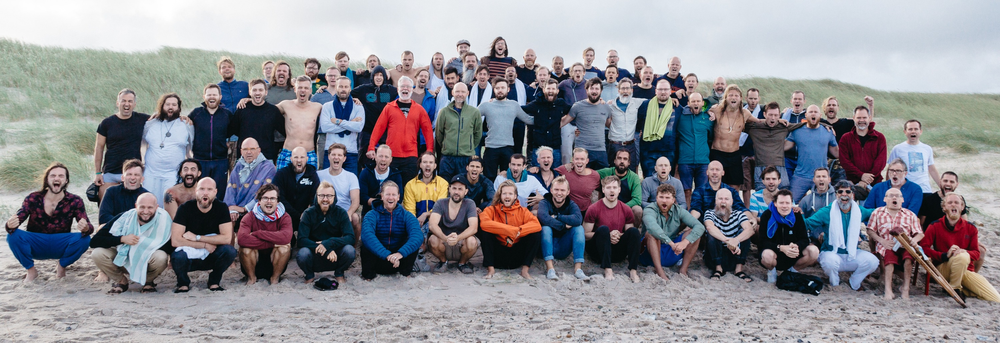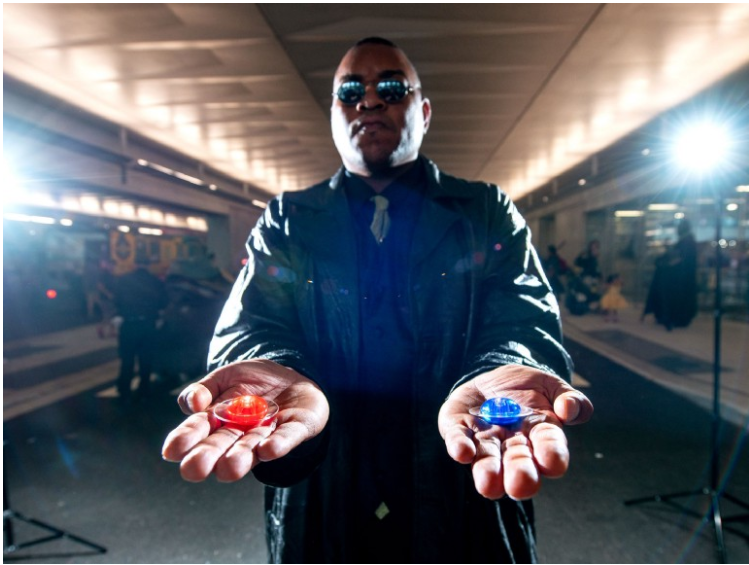Commentary on The 10 Principles of Maniphesto Part 4

4 Proactivity
Taking responsibility for making things better rather than blaming others will help us learn and grow dramatically.

What if you were ultimately responsible for your life, rather than just a victim of circumstances? What if you lived your life with no excuses or blame? What if you were responsible for the whole thing?
There is a whole menu of nihilist attitudes that the present culture is offering that encourages victimhood and passivity rather than proactivity. In India a man sued his parents for being born; anti-natalists believe that bringing children into this world is a mistake; materialists tell us that there is no such thing as free will; environmental movements describe human beings as a cancer; activists burn down neighbourhoods and want to ‘destroy the system’. We are beset by messages proclaiming our own helplessness and victimhood, and are rewarded by membership to various subcultures for our wounds and injustices. Nihilism and depression is rampant in the most privileged countries of the world where people make a parlour game of feigning solidarity for the poor and downtrodden.
Life is hard and marked by suffering and tragedy certainly, and many people are genuine victims of circumstances. However, it is also true that many of us today have godly lives undreamt of by kings in the days of old. If we have food, shelter, access to culture and travel, health care and education, then isn’t it grotesque to have an attitude of complaint and cultivate victimhood. Shouldn’t we cultivate a proactive attitude full of generosity and gratitude.
Jordan Peterson articulated a very simple fact that had been neglected in the culture since the age of the hippies. He realized that what matters more than privilege and entitlement (i.e. rights) is responsibilities. Taking responsibility for ‘cleaning your own room’, for creating better circumstances, for repairing and cultivating your own body/mind, is actually what makes life meaningful. This is not a political message particularly but a psychological fact. Human beings are creatures of meaning. ‘He who has a why can endure any how’? As Friedrich Nietzsch put it.
Proactivity and responsibility was also the message of the Austrian psychiatrist and author, and Holocaust survivor, Victor Frankl. In his book Man’s Search For Meaning, he noticed that in the death camps there were those who remained positive and proactive and others who died pretty quickly. He wrote: ‘Everything can be taken from a man but one thing: the last of the human freedoms—to choose one’s attitude in any given set of circumstances, to choose one’s own way.’
Victor Frankl would say that it is up to us to be better men, to create a better men’s culture full of meaning—it is not up to the structure or the organization. We have to ‘take the bull by the horns’, when we perceive injustice or idiocy, because if we don’t nobody else will. To blame a toxic environment or situation and not to act is ineffectual at best. We can actually do something constructive to improve our situation, no matter what circumstances we find ourselves in.
A good organization like Maniphesto has room for people to contribute on all levels of the hierarchy. And there is always room to develop and grow if we put ourselves in the right situations. Natural hierarchy is not about dominance but about competence, as Jordan Peterson has pointed out, and it is up to us as well to become more competent and productive. Then we can joyfully find our place in an organization, which is the zone of maximal challenge and meaning, because we are not resentful or passive, and we don’t sit around and complain.
Note: This is part 4/10 of a commentary on the 10 principles of Maniphesto




Responses